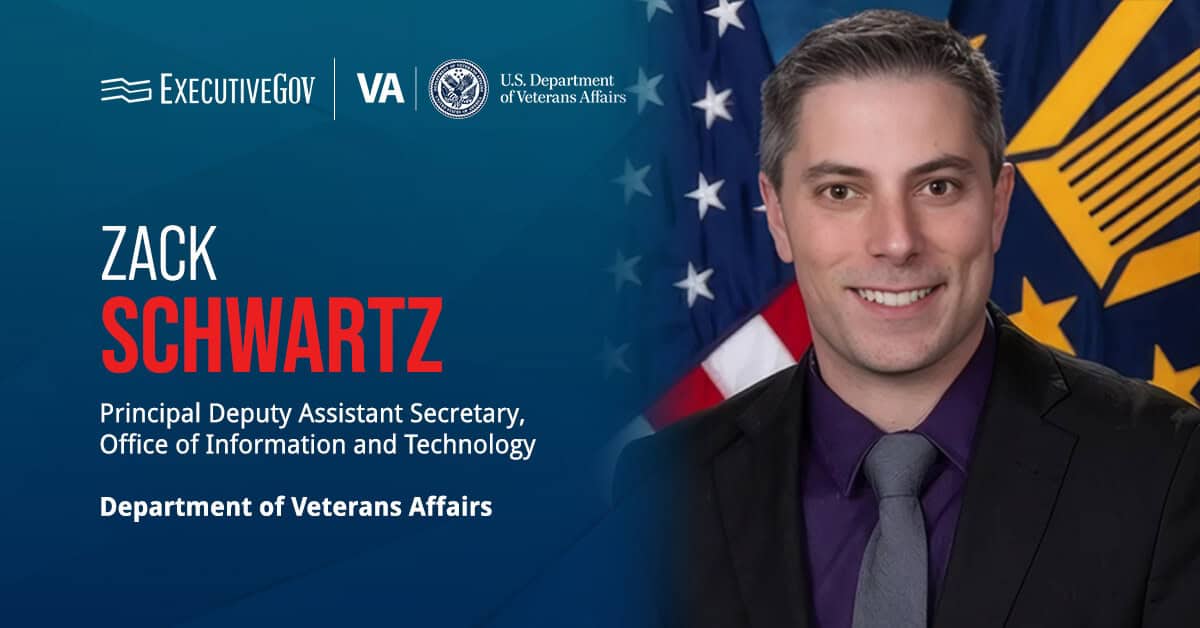EXPANSIA, a Service-Disabled Veteran-Owned Small Business that provides strategy and integration consulting services, has won a full and open competitive multi-million dollar contract from the U.S. Air Force to perform rapid comparison analysis of various aircraft platforms for the service branch’s Rapid Sustainment Office.
Contracted activities are intended to pinpoint potential candidates for additive manufacturing parts to boost supply chain efficiency and incorporate digital engineering programs, the Nashua, New Hampshire-based company said in an email to ExecutiveGov on Wednesday.
“EXPANSIA is humbled and honored to continue to help USAF RSO accelerate the mission of identifying operational efficiencies through digital transformation,” said CEO Adam Jarnagin.
He said that EXPANSIA’s focus is to provide engineering and integration expertise regarding next-generation additive manufacturing, which, according to Jarnagin, “holds tremendous promise” to support the Air Force’s goal of scaling AM, increasing cost savings and enhancing fleet readiness.
Under the contract, EXPANSIA will assess the KC-135, B-52, B-1 and E-3 aircraft. The organization’s rapid comparison analysts will test AM part viability and help identify use cases to determine AM part families for more efficient AM adoption at scale for polymer and metal printed parts.
EXPANSIA will also apply commercial airworthiness-certified printing processes, methods and procedures to assist with the development of an organic manufacturing capability expected to enable the complete use of material processing information and repeatability and create a roadmap for Air Force part assessment.
This contract win follows a full and open competition that secured EXPANSIA a partnership with the RSO, under which the enterprise is developing the Always Guaranteeing Operationally Ready Aircraft Digital Thread prototype for additive manufacturing.
The AGORA prototype currently uses product lifecycle management technologies and workflows that EXPANSIA is developing, integrating, testing and evaluating to streamline and improve different supply chain management systems and legacy databases. It is intended to simplify processes and minimize supply chain delays by allowing real-time cooperation between federal organizations and their industry collaborators.





